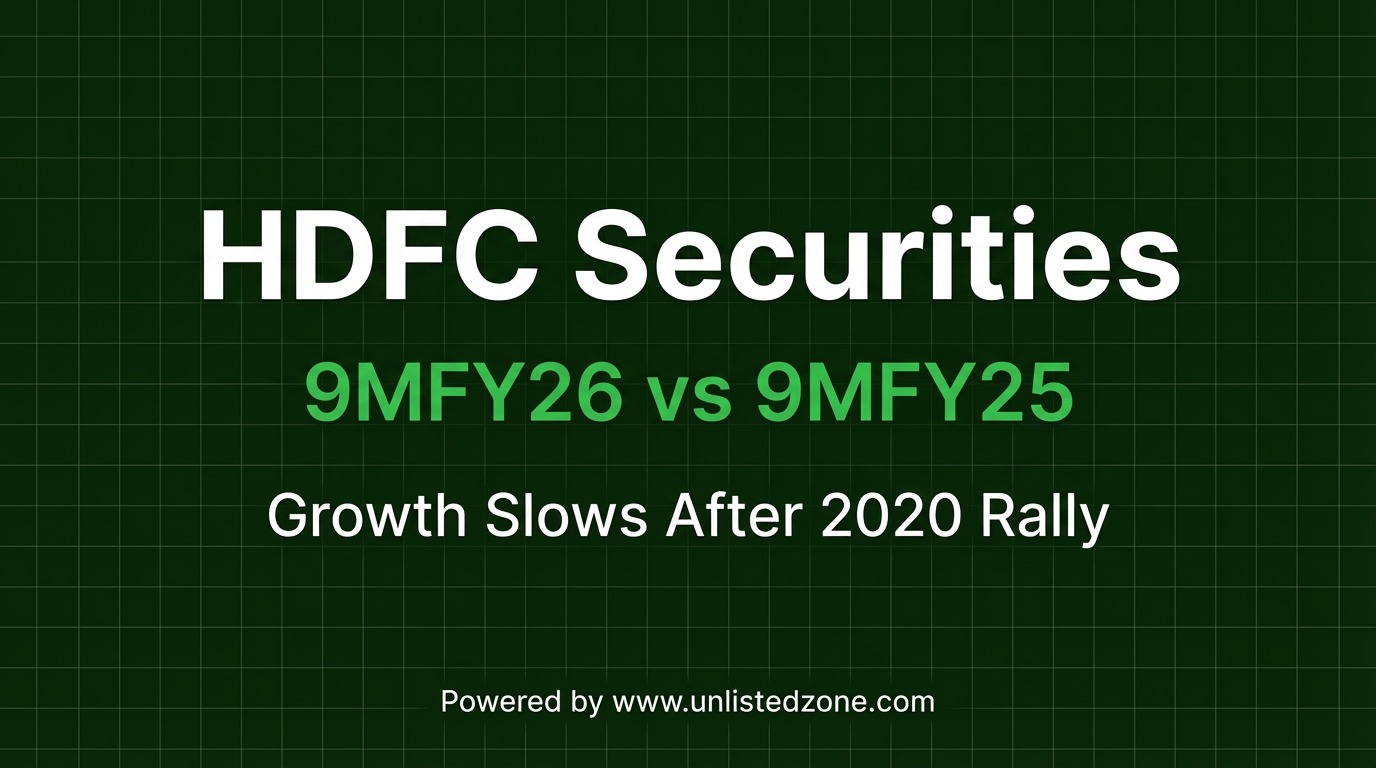HDB Financial Services, the non-banking arm of HDFC Bank, is gearing up for a substantial initial public offering (IPO), with its international roadshows currently underway. Senior officials from HDFC Bank and HDB Financial are engaging with prominent investors in regions such as the UK, the US, Singapore, and Hong Kong. According to industry insiders, these discussions began towards the end of December and are now in full swing.
1. Attracting Large Institutional Investors
In these roadshows, the focus is on gauging interest from significant institutional investors, including sovereign wealth funds and pension funds, to determine their appetite for investing in an offering of this scale. The valuation of HDB Financial is estimated to range between $10 billion and $12 billion, equivalent to Rs 85,000-1,00,000 crore. However, final pricing for the IPO will be influenced by the level of interest generated among potential investors.
2. Current Market Valuation
HDB Financial's unlisted shares are presently valued at Rs 1,225 each, which translates to a market capitalisation of approximately Rs 97,154 crore. This figure serves as a benchmark for the valuation as the IPO process progresses.
3. IPO Timeline and Regulatory Developments
HDFC Bank has set an ambitious timeline for the IPO, targeting a launch within two to three weeks after receiving the final nod from the Securities and Exchange Board of India (SEBI). The aim is to conclude the process by the end of the current fiscal year. The bank submitted its draft red herring prospectus to SEBI on November 5, 2024. The offering will include a Rs 10,000 crore offer-for-sale component from HDFC Bank, alongside a fresh issue of Rs 2,500 crore, representing a little over 10% of HDB Financial’s total equity.
4. Stake Sale Negotiations with Mitsubishi UFJ Financial Group
Earlier reports suggested that HDFC Bank was in discussions with Japan's Mitsubishi UFJ Financial Group (MUFG) for a potential 20% stake sale in HDB Financial. However, unresolved regulatory hurdles and valuation challenges have pushed the bank to prioritise the IPO route. Post-listing, the valuation is expected to stabilise, making future secondary stake sales more seamless.
5. Impact of RBI's New Regulations
HDB Financial’s IPO is also influenced by recent regulatory changes introduced by the Reserve Bank of India (RBI). According to the October 8 circular, banks and their subsidiaries cannot engage in overlapping lines of business. Institutions that fall under this mandate are required to reduce their stake in such subsidiaries within two years. While the banking industry has sought extensions or modifications to this rule, compliance remains a critical factor.
6. Analyst Perspective on Valuation Risks
A January 7 report by Macquarie highlighted potential valuation risks arising from the regulatory overlap. Analysts believe these uncertainties could impact the perceived value of both HDFC Bank and HDB Financial. Nevertheless, the IPO is expected to provide greater clarity and pave the way for smoother transitions in regulatory and business landscapes.
HDB Financial’s IPO marks a pivotal step in its growth trajectory, with ongoing roadshows playing a key role in securing investor confidence and determining its market debut valuation.




